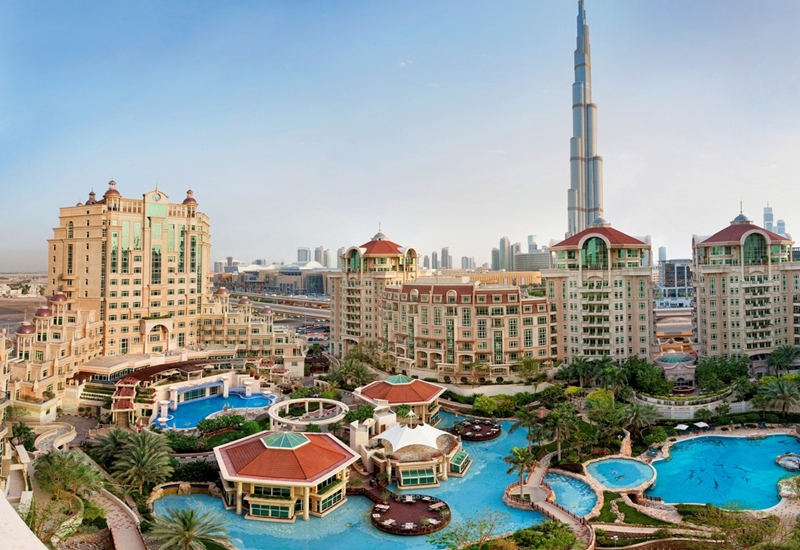On completion, the new hotels will add 4,360 keys to Rotana’s existing inventory, taking its portfolio in the UAE to 44 properties, including 21 in Dubai and 17 in Abu Dhabi, hiking Rotana’s total room inventory of 11,782 (6,682 in Dubai alone and 5,100 in Abu Dhabi), a company statement said.
When asked by Hotelier if it sees the de-flaggings of Al Bustan and Al Murooj as a loss, Rotana’s spokesperson declined to comment.
However Roda’s Elias shared his thoughts: “We believe that these two flagship hotels are a huge loss [to the previous operator] due to their proximity to the international airport. With regard to Al Bustan, it is close to the airport and the Garhoud and Mirdiff area and sees high occupancy of guests from the northern emirates. Al Murooj is also a loss due to its proximity to the Burj Khalifa, Downtown Dubai area and DIFC.”
Rotana wasn’t the only hotel operator to de-flag. Earlier in 2016, Bin Haider Hospitality, a subsidiary of Mohammad Omar Bin Haider Holding Group (MOBH), rebranded the Sheraton Deira as Grand Excelsior Hotel and took over management of the property.
And in 2015, after 15 years of partnering with Taj Management Company, UAE-based conglomerate Juma Al Majid Group decided to create its own hospitality arm. The Taj Palace Dubai was de-flagged with effect from August 31, 2015 and now operates as Jood Palace Hotel, Dubai.
Jood Palace Hotel general manager Ahmed Badawy spoke to Hotelier about some of the challenges the property faced after the de-flagging and said: “The transition period and taking over from the leaving operator was a challenge, as well creating the brand awareness and introducing a new brand in a very competitive and tough market was the key challenge. However, we were able to maintain our same level of business on a year-on-year basis and definitely we can see that there is a big potential for the brand to grow more with the coming years in a very dynamic and evolving market.”
But for now the general manager says that the first stage of the plan is to operate the hotels owned by the conglomerate, and only once Jood Hospitality achieves its expansion target it could look for different owners. “Nowadays with the big developments in the distribution channels it became efficient and more affordable to create your own brand and provide a unique and tailor-made experience to the customers rather than the fixed brand standard which is applied for all different environments. As well as having greater flexibility to meet the market,” Badawy added.
However, according to Badawy, unbranded properties have their own advantages after a de-flagging. “While unbranded properties don’t have the support of system standards as branded hotels, they also do not have to take the good with the bad, and can structure a hotel standard that perfectly meets their market. Moreover, they can experiment and change, which can be difficult, if not impossible, in a brand's regime,” he said.

| Advertisement |









 Search our database of more than 2,700 industry companies
Search our database of more than 2,700 industry companies









